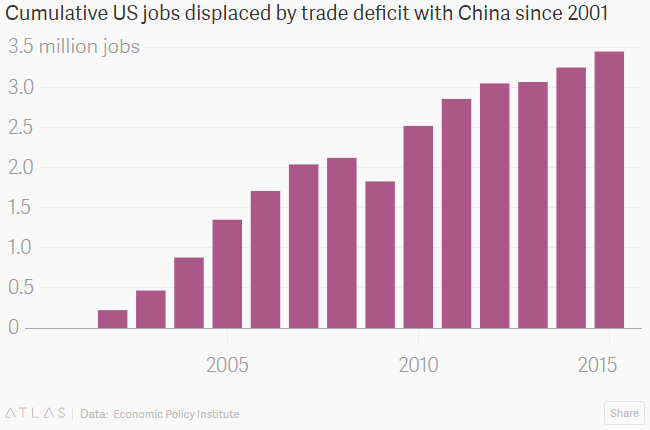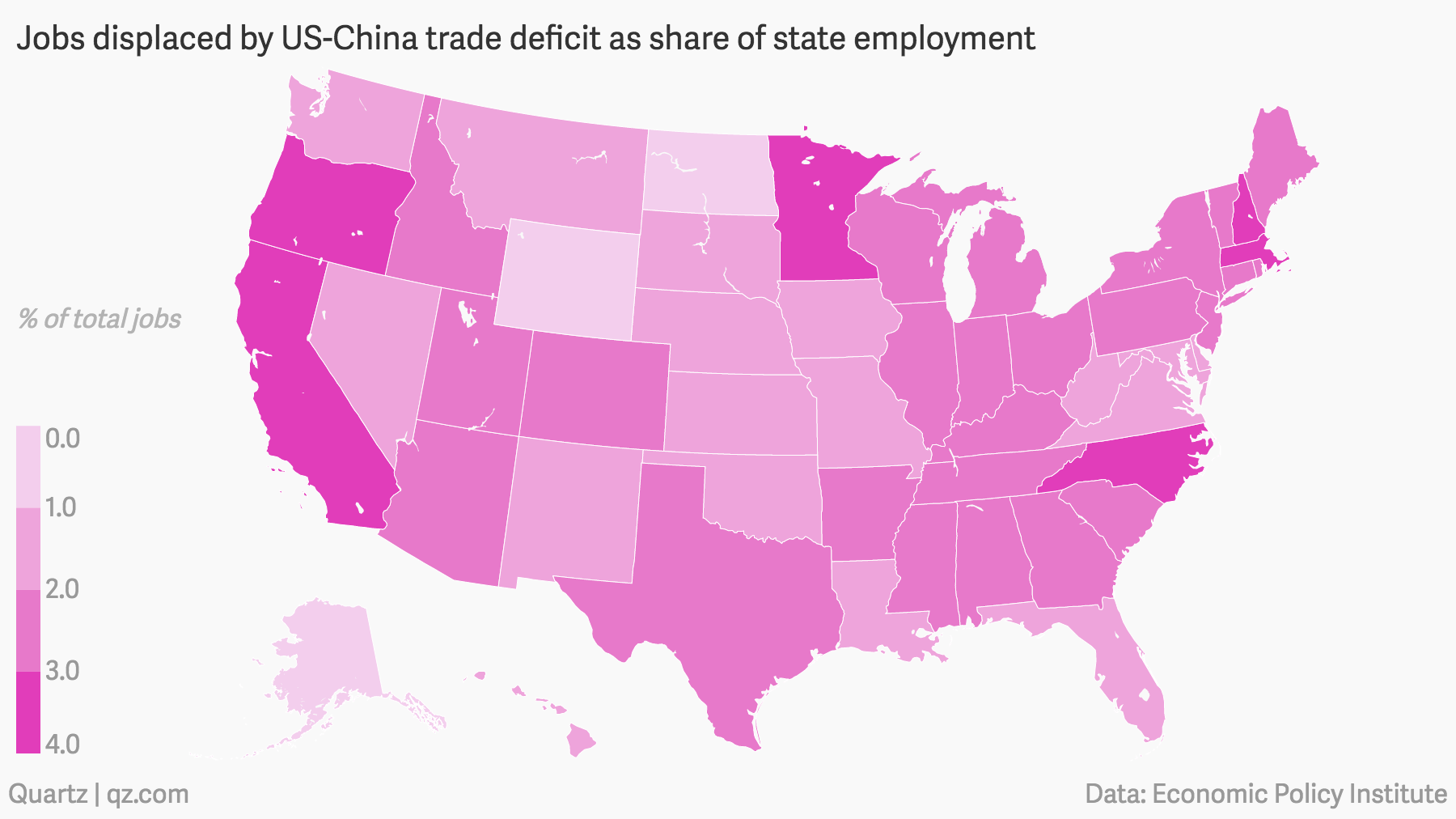No society, not even one as rich and fortunate as the United States has been, is guaranteed a successful future. When early Americans wrote things like “Eternal vigilance is the price of liberty,” they did not do so to provide bromides for future bumper stickers. They lived in a world in which authoritarian rule was the norm, in which rulers habitually claimed the powers and assets of the state as their own personal property.
“The benefit of controlling a modern state is less the power to persecute the innocent, more the power to protect the guilty.”
no human contrivance is tamper-proof, a constitutional democracy least of all.
Congress can protect the American system from an overbearing president. But will it? … In the ordinary course of events, it’s the incoming president who burns with eager policy ideas. Consequently, it’s the president who must adapt to—and often overlook—the petty human weaknesses and vices of members of Congress in order to advance his agenda. This time, it will be Paul Ryan, the speaker of the House, doing the advancing—and consequently the overlooking.
A scandal involving the president could likewise wreck everything that Republican congressional leaders have waited years to accomplish. However deftly they manage everything else, they cannot prevent such a scandal. But there is one thing they can do: their utmost not to find out about it.
Civil unrest will not be a problem for the Trump presidency. It will be a resource. Trump will likely want not to repress it, but to publicize it—and the conservative entertainment-outrage complex will eagerly assist him. … If there is harsh law enforcement by the Trump administration, it will benefit the president not to the extent that it quashes unrest, but to the extent that it enflames more of it, ratifying the apocalyptic vision that haunted his speech at the convention.
If people retreat into private life, if critics grow quieter, if cynicism becomes endemic, the corruption will slowly become more brazen, the intimidation of opponents stronger. Laws intended to ensure accountability or prevent graft or protect civil liberties will be weakened.
If the president uses his office to grab billions for himself and his family, his supporters will feel empowered to take millions. If he successfully exerts power to punish enemies, his successors will emulate his methods.
If citizens learn that success in business or in public service depends on the favor of the president and his ruling clique, then it’s not only American politics that will change. The economy will be corrupted too, and with it the larger culture. A culture that has accepted that graft is the norm, that rules don’t matter as much as relationships with those in power, and that people can be punished for speech and acts that remain theoretically legal—such a culture is not easily reoriented back to constitutionalism, freedom, and public integrity.
A constitutional regime is founded upon the shared belief that the most fundamental commitment of the political system is to the rules. The rules matter more than the outcomes.
What happens in the next four years will depend heavily on whether Trump is right or wrong about how little Americans care about their democracy and the habits and conventions that sustain it.
Those citizens who fantasize about defying tyranny from within fortified compounds have never understood how liberty is actually threatened in a modern bureaucratic state: not by diktat and violence, but by the slow, demoralizing process of corruption and deceit. And the way that liberty must be defended is not with amateur firearms, but with an unwearying insistence upon the honesty, integrity, and professionalism of American institutions and those who lead them.
Source: How Donald Trump Could Build an Autocracy in the U.S. – The Atlantic


